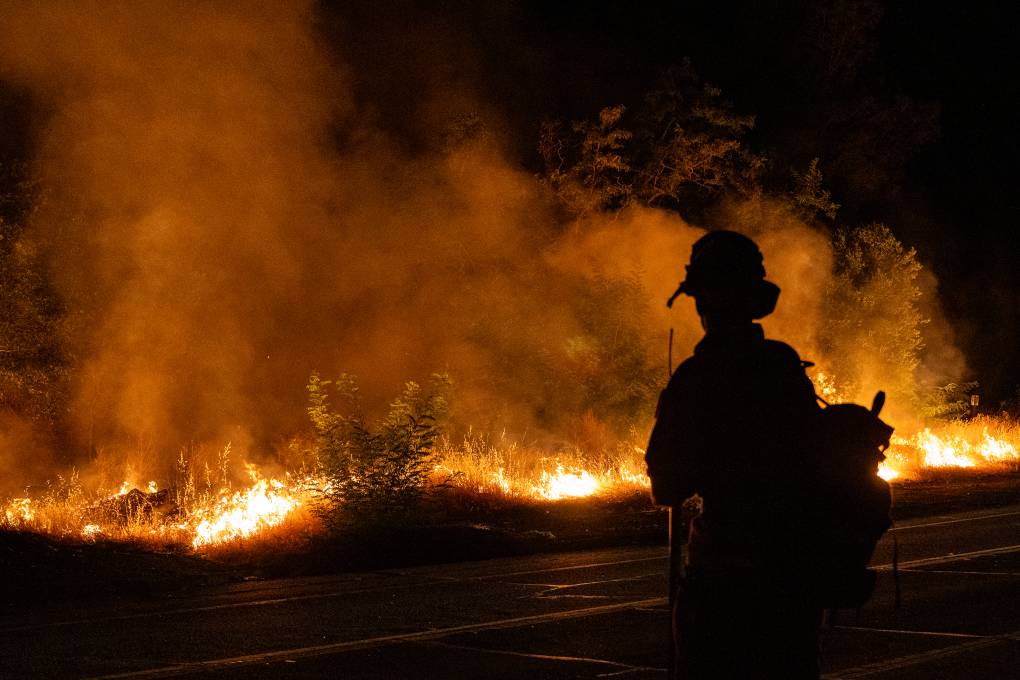
Hurricane Beryl was unusual in many ways before it struck Texas on 8 July – it sped up more than 35mph in a 24-hour period twice, and it became the first category 5 storm to form as early as it did in the hurricane season. And as the world increasingly warms because of the burning of fossil fuels, research suggests that storms like Hurricane Beryl will become more common – concerning coastal residents who will have less time to evacuate.
While residents are more likely to leave when directed to do so by their local government, emergency managers are shying away from enacting community-wide mandatory evacuations because of how much time they take to put in place.
After 2021’s Hurricane Ida strengthened 60mph in a day, the New Orleans mayor, LaToya Cantrell, said there wasn’t enough time to reroute all traffic out of the city and organize a municipally assisted evacuation for those without transportation. Emergency managers in Houston similarly expressed concern that calling for a mandatory evacuation on such short notice could leave drivers stranded in the storm’s path.





 Four key pillars of the global climate are melting in the heat trapped by rising fossil...
Four key pillars of the global climate are melting in the heat trapped by rising fossil... Scientists say the drying Great Salt Lake in Utah is now becoming a significant contributor to...
Scientists say the drying Great Salt Lake in Utah is now becoming a significant contributor to... The Park Fire has burned over 350,000 acres north of Chico since Wednesday, making it one...
The Park Fire has burned over 350,000 acres north of Chico since Wednesday, making it one... Oregon’s wildfire season is off to an explosive start with more than 1m acres (405,000 hectares)...
Oregon’s wildfire season is off to an explosive start with more than 1m acres (405,000 hectares)...






























